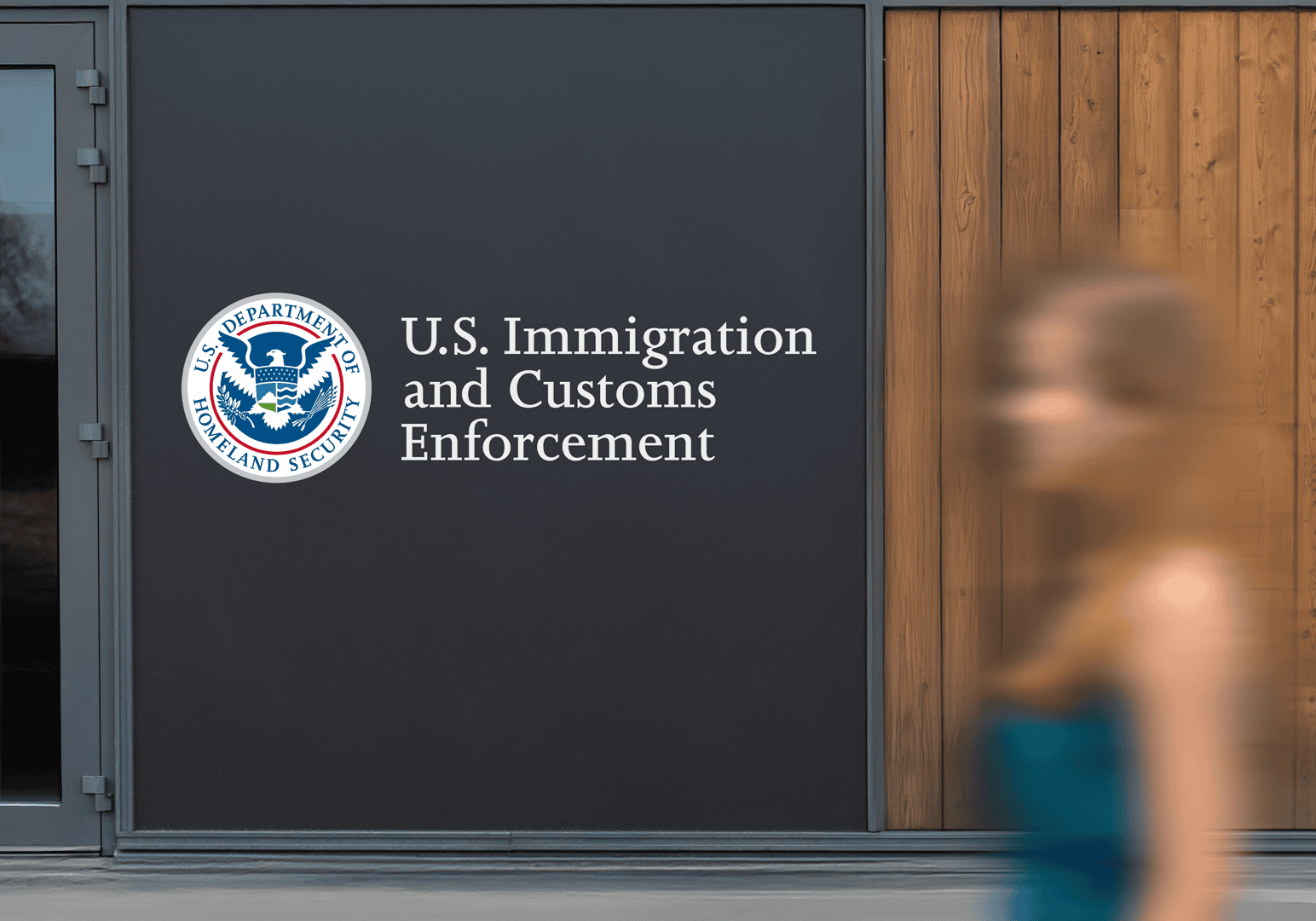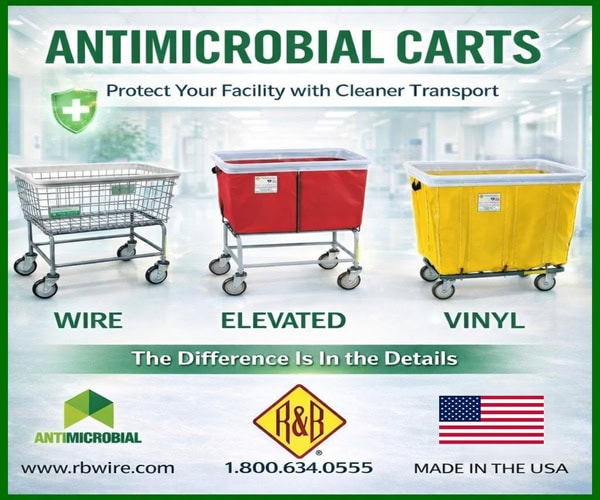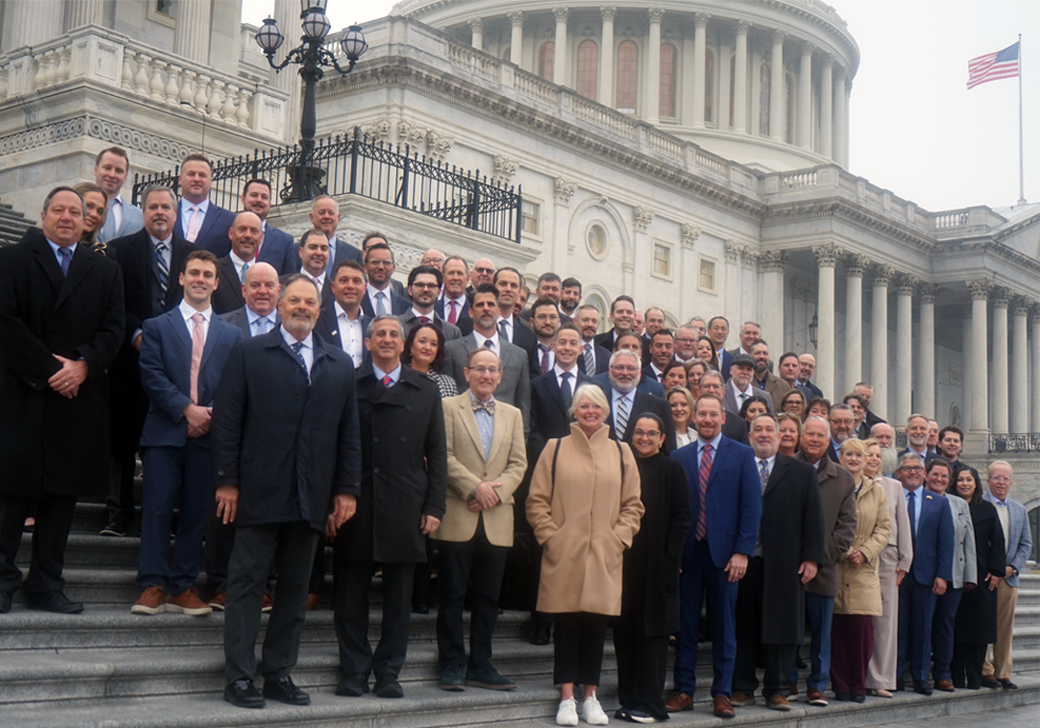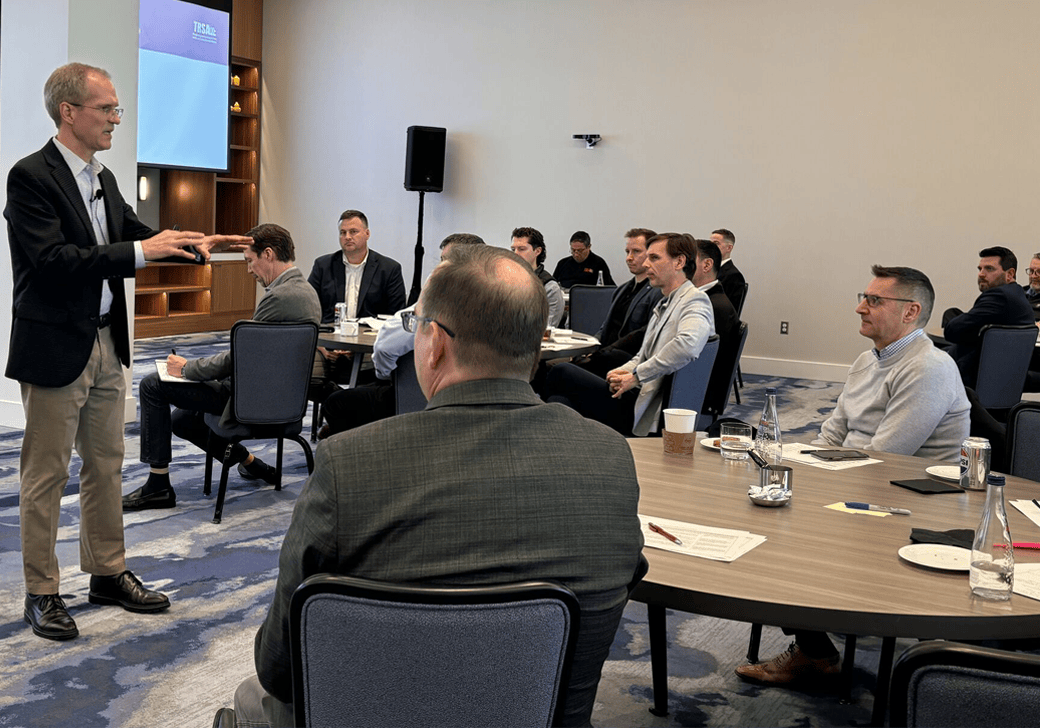It’s often said that in the linen, uniform and facility services business, labor is among the costliest line items. That’s true, but the corollary is that negligence, or outright corner-cutting, on the rules can cost your company far more. An update on U.S. Department of Labor rules and enforcement trends is the focus of an article in this month’s Textile Services magazine. Excerpts follow.
A critical point, especially in the current environment of stepped-up immigration enforcement, is to comply with U.S. citizenship verification rules. That means all commercial laundries and their employees must complete the U.S. Citizenship and Immigration Services (USCIS) “Employment Eligibility Verification Form I-9.” Penalties for not doing so are severe: paperwork violations range from $281 to $2,789 for the first offense. In addition, employers must retain completed I-9 forms for three years after the hiring date or one year after the employment ends, whichever is later.
In a related development, the Trump administration’s immigration enforcement push has added an additional challenge for TRSA members regarding immigrant employees. Specific concerns center on the administration’s move to suspend temporary protected status (TPS) for various countries, such as Haiti. Without TPS, the legal status of immigrant labor from those countries is revoked. On June 27, Secretary of Homeland Security Kristi Noem announced that the TPS for Haiti would expire on Sept. 2. She argues that conditions in that country have stabilized sufficiently that it no longer qualifies for TPS. Although an automatic grace period is expected to extend TPS to Feb. 3, 2026, this move could impact 348,000-500,000 individuals. The U.S. government has already forced TRSA members who are also federal contractors to lay off employees who are from countries that have had their TPS suspended. TRSA will hold a webinar on this topic on Aug. 19. Click here to register for that session, titled “Managing Temporary Protected Status (TPS): Compliance, Challenges & Best Practices.”
These developments matter because the penalties for hiring any undocumented employees are severe. They can result in civil fines and potentially criminal prosecutions. Civil penalties for a first offense can range from $375 to $1,600 per unauthorized employee. “A pattern of practice of knowingly hiring undocumented workers can lead to fines of up to $3,000 per worker and/or imprisonment for up to six months,” says business writer Mark Battersby in his article titled, “Staffing Compliance Issues – “What You Need to Know to Grow in Today’s Labor Market.” Other key topics Battersby addresses include:
Employment Taxes: Failing to collect and/or pay employment taxes that commercial laundries are required to withhold can be costly. The Trust Fund Recovery Penalty is assessed when payroll taxes aren’t withheld or forwarded to the Internal Revenue Service (IRS). That penalty is equal to 100% of the withheld payroll taxes, including income, Social Security and Medicare taxes that weren’t collected and/or paid.
Overtime or Not …: The federal overtime provisions are detailed in the Fair Labor Standards Act (FLSA). Unless exempt, employees covered by the act must receive overtime pay for hours worked over 40 in a workweek at a rate not less than time and one-half of their regular pay rates. Individuals who are properly classified as executive, administrative or professional employees are considered “exempt employees” from FLSA rules. All “nonexempt” staff must receive pay of at least the minimum wage and overtime after they’ve worked more than 40 hours in a week. The current minimum threshold for overtime exemption is $35,568 per year ($484 per week). Employees earning below that threshold generally qualify for overtime pay.
Independent Contractor Eligibility: Many linen, uniform and facility services companies prefer designating employees as independent contractors because they are not subject to minimum-wage or overtime-pay rules, not-to-mention payroll-tax withholding requirements. Employees prefer the independent contractor label for the freedom it can offer. However, misclassifying employees as independent contractors can lead to retroactive benefit payments, fines and penalties. The IRS’s general rule states that an individual is an independent contractor if the payer has the right to control or direct only the result of the work, not what will be done and how it will be done. Contact your legal counsel if you have concerns regarding any of the topics touched on above.
Publish Date
August 8, 2025
Categories
Sign Up For Our Newsletter
Receive the latest updates on the linen, uniform and facility services industry from TRSA delivered straight to your inbox.








